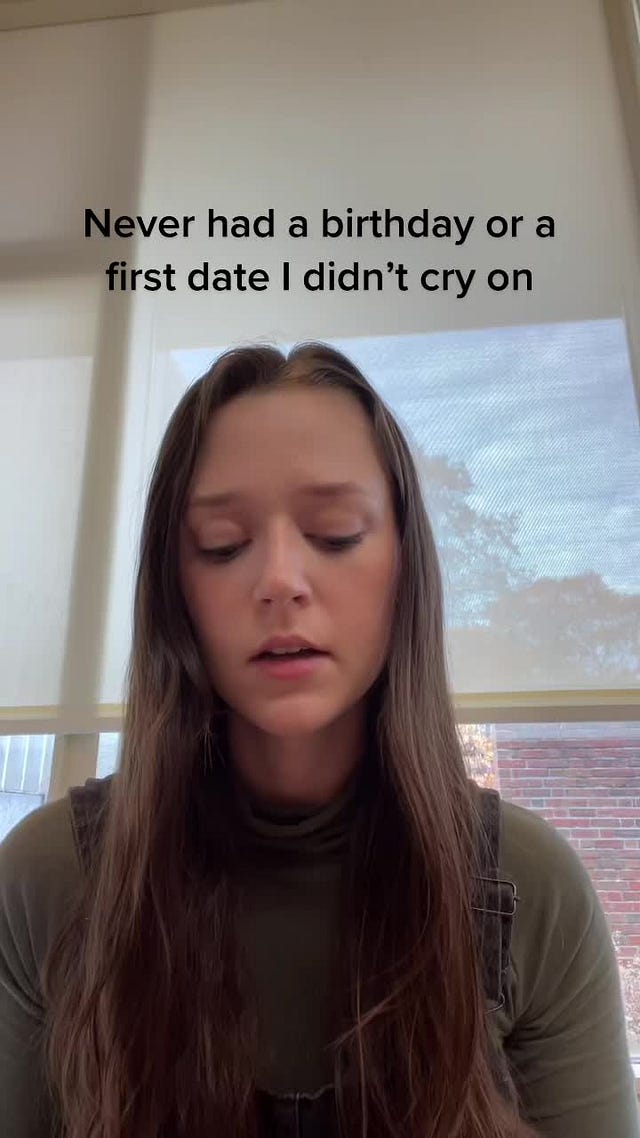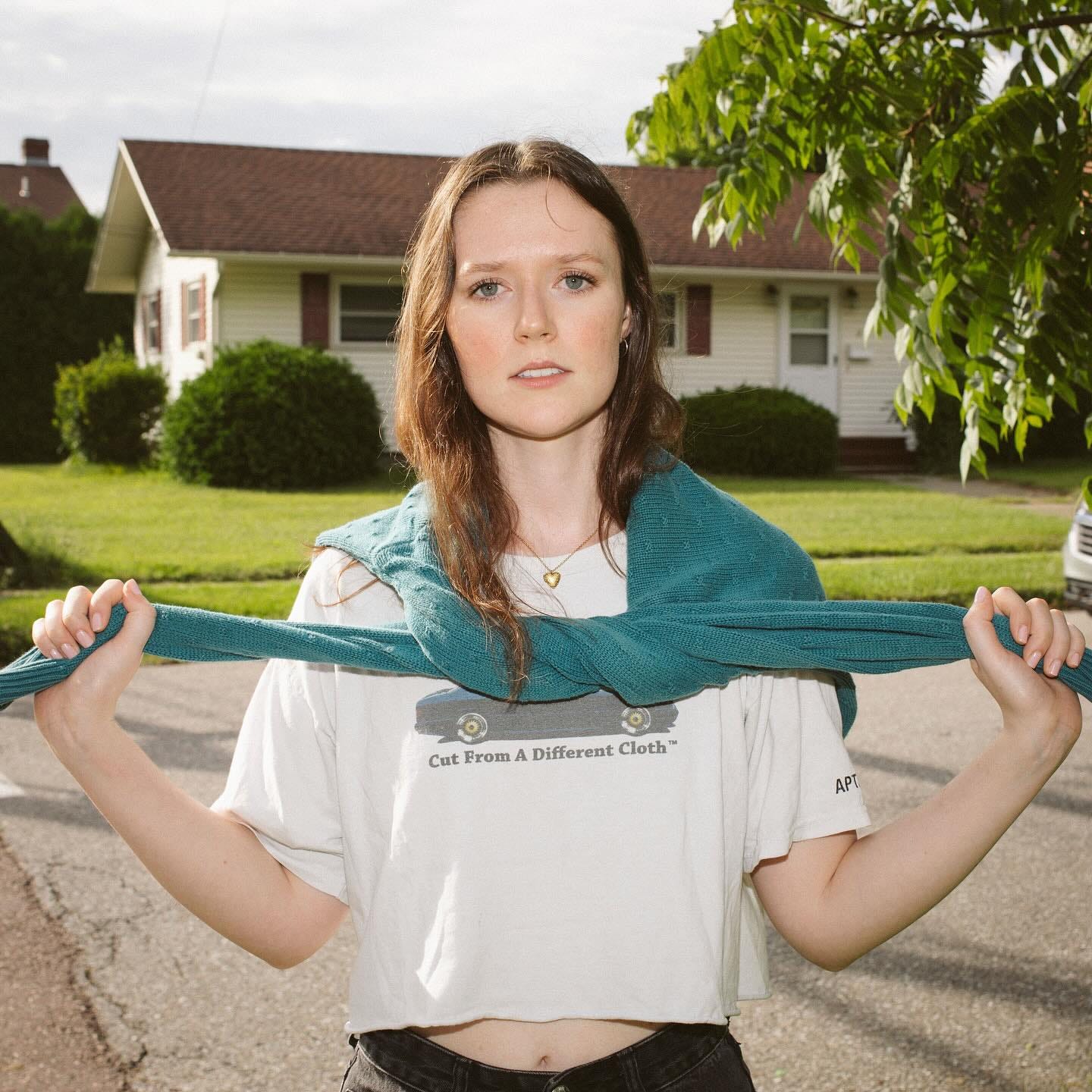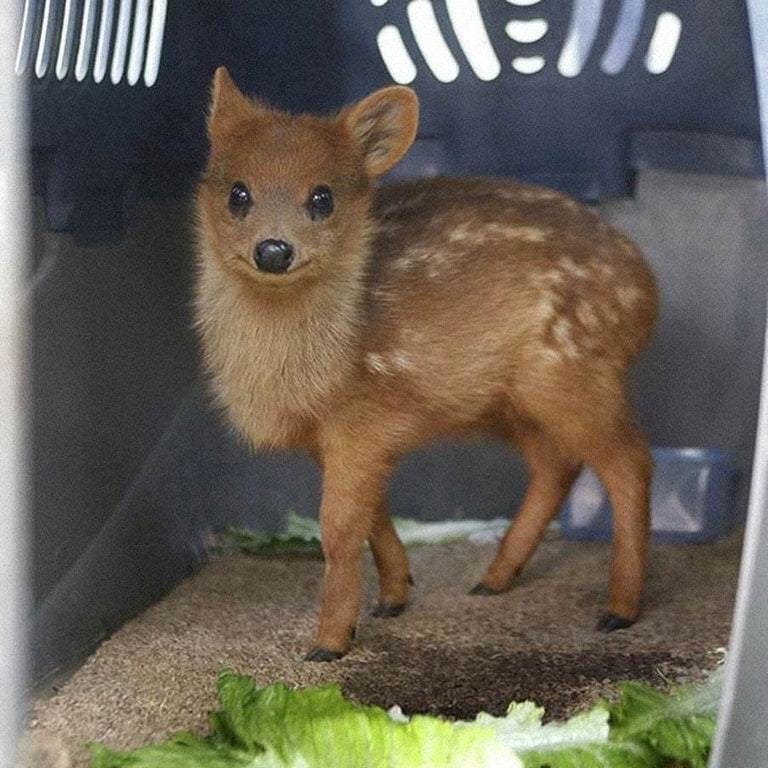Isabel Pless: People aren’t thinking about it as much as I am
An interview with the singer-songwriter
Welcome to Human Pursuits, the column that features need-to-know names and stories in media and other creative spaces. Today, a conversation with singer-songwriter Isabel Pless.
It started the way so many things seem to start these days; with a lucky turn of the algorithmic wheel.
I was scrolling TikTok in 2021 when I swiped across a snippet of Isabel Pless’ song ‘Twenty-Two’.
She was seated at a piano, singing, her voice awash in suspended, dreamy chords.
Though only a fragment of the full track, I felt the song was special. And so did others.
“Great song,” wrote the pop artist Lauv in a comment.
‘Twenty-Two’ would not be released for nearly a year, but a quick scan of Spotify revealed Isabel had already written several songs that I thought were equally brilliant.
Armed with little more than her vulnerability and a guitar, she reminded me of perennial favourites Taylor Swift, and Dashboard Confessional.
Flash-forward to 2025. The singer-songwriter has released her debut full-length, Workhorse, available now, which expands her sonic palette without pulling any emotional punches.
And so, we had much to discuss.
Our edited and condensed conversation touched on Isabel’s move from Vermont to Tennessee, her go-to book recommendations, compliment sandwiches, the difference between recording an album and a single, and more.
ES: Are you in Vermont right now?
IP: No, I live in Nashville. I moved here about two and a half years ago.
ES: Do you like it there?
IP: I do, it’s very different from Vermont, but it’s cool.
ES: What’s the most notable difference between Vermont and Nashville to you? I feel like they’re worlds apart.
IP: The culture is pretty different. Northern versus Southern U.S. People talk differently. Not only with accents but they speak differently. I also think the layout is different. In Vermont, everything is so small. The towns are small, the cities are small. Nashville is so spread out. It’s not really like a city, it’s more like one giant suburb.
ES: How does the food scene compare? Are you eating a lot of Nashville fried chicken?
IP: It’s much better. Laughs. There’s a lot more going on here. I have had wonderful food in Vermont, but it’s a lot of cheese and dairy.
ES: Oh interesting, I assumed Vermont wasn’t big on dairy; I thought they’d be more granola.
IP: They definitely are. It’s a lot of health-food, but one of the state’s big exports is Cabot cheese.
ES: Why did you move to Nashville? Cause the industry is better down there?
IP: Yeah. It was between here and L.A. I loved the songwriting scene here. Everyone knows Nashville for country music but there’s a strong indie pop scene here and a strong folk scene. I don’t necessarily consider myself a folk artist but I take a lot of inspiration from folk. The city is also very collaborative, which was a draw for me. It feels very community-minded.
ES: Did I read somewhere that you have a linguistics degree?
IP: I do. I thought I’d do speech and language therapy, or research speech patterns… I learned a lot about language structure. I focused on phonetics and phonology – the sound of language, and the little, itty bitty parts bits that make up words.
ES: Are you are you a big reader?
IP: Yeah, I actually used to work at a bookstore in Vermont called Phoenix Books.
ES: I feel like that’s what people do in Vermont – maybe?
IP: Yeah. Laughs. I fit right in.
ES: What was your go-to recommendation when people came into the store?
IP: It’s changed a lot. At the moment I would recommend Babel, or the Necessity of Violence by R.F. Kuang. It’s a historical fantasy but also has to do with linguistics. I recommend it to everyone… Also, Exit West by Mohsin Hamid. That one’s been around for a long time. Great book. I like magical realism so all of my recommendations are in that vein.
ES: Do you LARP by any chance?
IP: Laughs. I don’t. My brother is really into Dungeons & Dragons so I have exposure to that.
ES: A couple of 20-sided dice rolling around.
IP: I was an elf when we played.
ES: That tracks for you! I have to admit, most of my D&D knowledge comes from that guy Roll For Sandwich on TikTok.
IP: I don’t know him…
ES: I’ll send you some videos. It’s crazy. He builds a sandwich by rolling 20-sided dice. It can get really freaky.
IP: That sounds like it could go wrong really fast.
I see [my voice] as the point of contact between people’s ears and what I’ve written. It’s more about the emotion...
ES: This question is kind of in the weeds, but I’m fascinated by your voice. And I wonder how you think about vocals when it comes to songwriting? Do you think of it as an instrument or more of a means to an end?
IP: I don’t know if I think of it as an instrument. I see it as the point of contact between people’s ears and what I’ve written. It’s more about the emotion for me. That’s how I think about singing and comping vocals. Sometimes I only need one take to get the sound I want. Other times it’s 20.
ES: Point of contact is a great way to think about it. Your voice reminds me of Dashboard Confessional in that sense. There’s an urgency, but it sounds distinctly like you.
IP: Laughs. People usually tell me I sound like Owl City.
ES: I have never once thought that. Laughs.
IP: I don’t know if it’s good or bad.
ES: Do you ever put effects on your voice? Is that something you’re experimenting with?
IP: Like Auto-tune?
ES: Sort of… Maybe I’m hearing things but on some of your singles, there’s an almost artificial quality to it. And I mean that in a good way.
IP: Most of my songs have some level of pitch correct on them, but I think what you’re hearing is that, sometimes, my voice sounds like it has a mechanical quality to it.
My producer, Ariza, will make me re-do a take because it sounds like I took a note and stretched it out.
ES: How did you and Ariza meet?
IP: He reached out to me through Instagram after ‘Bechdel Test’ came out. We’ve been working together for about three and a half years.
ES: That’s a long time by artistic collaboration standards.
IP: I’m such a fan of him. His brain works in a way that I do not understand. Laughs. He brings my music to a different level. I couldn’t get there by myself. I think the best music collaborations and partnerships are ones where you’re both good at different things. Also, in terms of criticism, he’s honest but kind, which helps a lot.
ES: Have you picked up any tips when it comes to striking that balance between honesty and kindness?
IP: I think he’s simply not afraid to give honest feedback, which I’m getting better at, especially in sessions. Having the courage to say “I don’t like that, but you’re on the right path” or “Try this instead”. That’s an important skill that I’ve definitely learned from him.
ES: Does he ever use the compliment sandwich technique? Laughs.
IP: Yeah, you have to sandwich.
ES: Especially with these artist types.
IP: You can’t just tell them what you think.
I’ve realized how little people think about me and my potential screw-ups. People aren’t thinking about it as much as I’m thinking about it.
ES: We should talk specifically about the album, though. For so long you were just releasing singles. Why did you want to switch it up and do something more fulsome?
IP: I always wanted to do projects, but the thing about an album is that it costs a lot of money. It’s easier to release singles and recoup fast. Starting out, it made sense to do singles… I needed to fire things off. But it feels more natural to me to create full-length projects.
ES: For someone who doesn’t work in the industry, how expensive are we talking?
IP: I mean, it depends on who you’re working with. Friends? A super producer?
I would say albums cost anywhere from $7000 to upwards of $100,000. Maybe more. Singles you can get done for $1000. Albums also entail a lot more because, if you want them to do well, you have to do all the work to jumpstart them. For example, this is my first time working with a publicist. She’s awesome.
ES: You mentioned ‘Bechdel Test’ earlier, which I’ve always thought is a good entry point into your catalog. Workhorse, as a project, feels a lot darker than that. There are more interesting sonic textures. Can you talk a little about your mindset going into the record?
IP: One of my goals for the album was to have the songs sound, if not similar, then at least cohesive. I also wanted to experiment. I wanted every song to have a unique sound, but not necessarily sound like the one that came before.
Lyrically, I think the album is a good representation of how I feel I’ve developed as a person over the past few years. A lot of that is highlighting the darker parts of my feelings, but also the lighter parts, too.
ES: Your songwriting has always resonated with me because I get the sense you’re quite hard on yourself, and I relate to that. What have you learned about self-forgiveness through this process? Do you feel like it’s getting easier to practice kindness toward yourself?
IP: It’s definitely gotten easier. When my inner critic kicks in, I’m better at catching it. When I was younger, it could spiral. Also, I’ve realized how little people think about me and my potential screw-ups. People aren’t thinking about it as much as I’m thinking about it. It’s such a simple realization, but it has helped.
ES: Your work feels so wholly centered on your experience and how you think and feel. But I wonder if you ever think about your audience? Like, “I don’t know if they will like this one as much as what I released two years ago.”
IP: I do think about my audience. I mean, even this past week I’ve had to avoid going on that website Album of the Year. I had to block it from my phone so I couldn’t look at it.
ES: I saw some of those reviews. I thought they were off-base.
IP: Thank you. They’re entitled to their opinions, but as I’ve sat with this feeling, I’ve tried to remind myself they’re not necessarily representative of my listener base.
As an artist, I love it when someone tells me something I wrote means something to them. But at the same time, I wouldn’t be a songwriter if my output wasn’t for me. I don’t write songs for other people, but I’m happy to share with them.
ES: Do you have a mentor or someone you lean on when it comes to the challenges of sharing your art in public?
IP: No one in my family is musical. My parents are both teachers… I can rant to them about stuff, and they’re very supportive, but they can't necessarily offer advice on negative reviews. That’s why it’s so important to have a community of musicians around me. I have a lot of friends who have dealt with similar experiences.
ES: I only have a couple more questions for you. How does your songwriting vary from instrument to instrument? Like, the first song of yours I heard was that clip of ‘Twenty-Two’ you shared on TikTok, which is on piano, but most of your stuff is on guitar.
IP: I get by on piano. Laughs. I’m mostly just playing chords. I don’t read music. I’m raw-dogging it. I have more experience with guitar… I don’t know that either instrument changes my approach. Like, sometimes I need to write a song a certain way. I needed to write the song ‘Workhorse’ on piano.
ES: Did you have the concept for that song in mind when you sat down at the piano?
IP: I had just started dating my boyfriend, and I felt like I didn’t know what I was doing. I called my mom. She said, “I think it sounds like you need to go journal or write about it.” I sat down at the piano and wrote most of it. I don’t know why I chose piano at that moment.
ES: It’s cool that you talk to your parents about relationships. I rarely do that. Laughs.
IP: Yeah we have a call about once a week where we check in with each other.
ES: Have they visited you in Nashville?
IP: They were just here last week, actually… We went to some museums and the zoo. It’s a great zoo, I think I might get a membership there soon.
ES: What was your favourite animal at the zoo?
IP: Laughs. There are these little deer called pudu. They’re really cute.
Isabel Pless is a singer-songwriter. She lives in Nashville. Stream her debut album, Workhorse, HERE.






